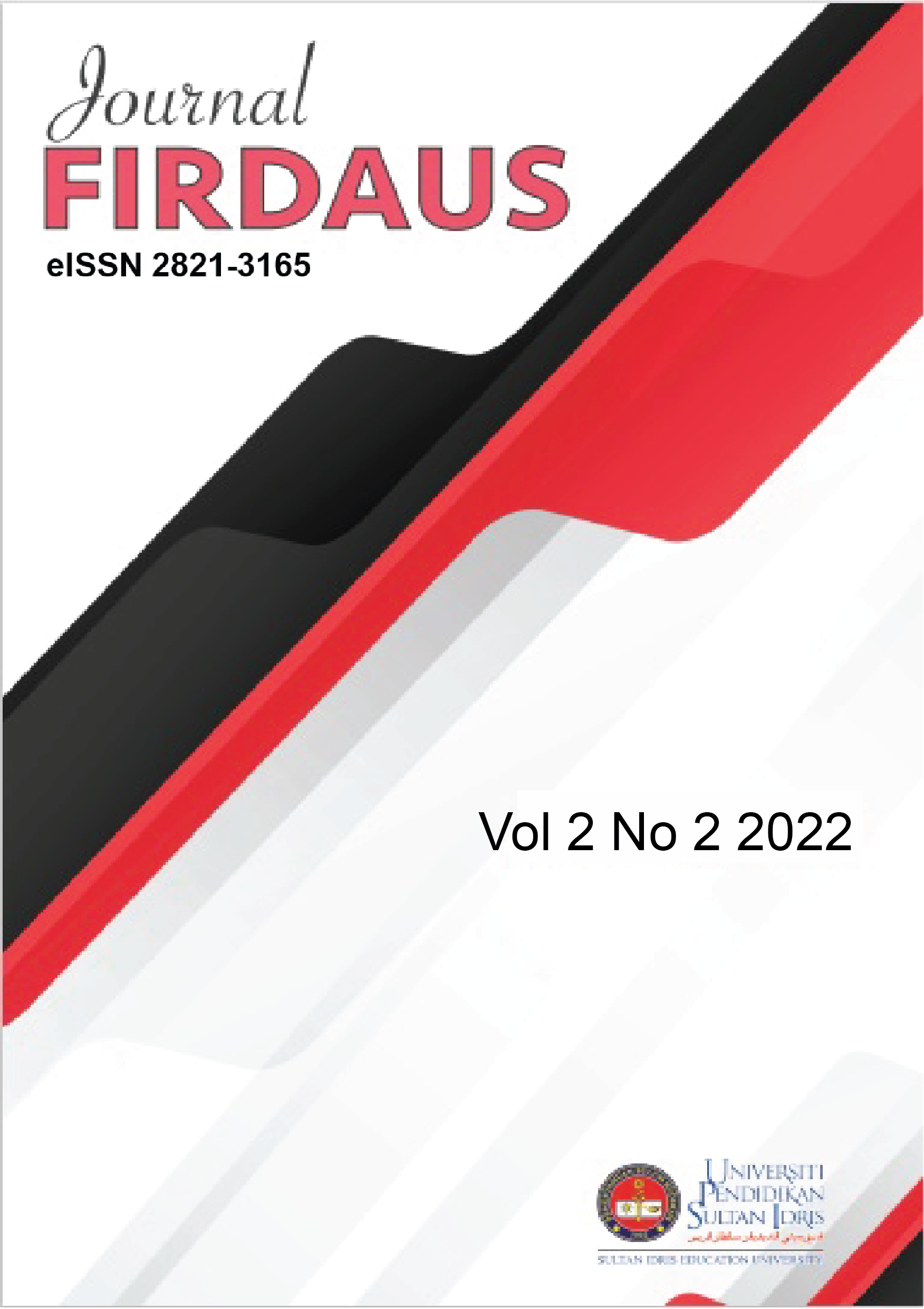Options for Retirement Benefit Payout under the Nigerian Pension Reform Act of 2014: Which is better between Annuity and Programmed Withdrawal
DOI:
https://doi.org/10.37134/firdaus.vol2.2.5.2022Keywords:
Pension, Programmed-withdrawal, Annuity, Contributory-pension, RetirementAbstract
This study investigates the most appropriate payout methods for retirees at the time of retirement that will enable potential retirees to live a life of luxury and comfort after they leave service. The aim of this paper refers to study the actuarial fundamental rules in practice and assumptions, as well as a framework of research methods and techniques to calculate the two payout options specified in the 2014 Pension Act. Moreover, the particular point is paid an attention to look into detail about the basis of potential retirees’ accumulated retirement contributions in their retirement saving accounts, as well as data on retirees from Nigerian academic federal university staff who are entitled to monthly benefits in addition to lump sum payments when they retire. The findings show that purchasing an annuity is preferable to a programmed withdrawal on a set schedule. As a result, employees may consider obtaining an annuity to benefit from long-term income flow for better living conditions in old age as well as to safeguard their retirement assets from outliving them.
Downloads
References
Ade Ibiwoye & Ajijola, L. (2012). An Actuarial Analysis of the Payout Options in Nigeria’s Contributory Pension Scheme. International Journal of Business Administration, 3(6) DOI: 10.5430/ijba.v3n6p45.
Alonso-Garc´ıa, J., Bateman, H., Bonekamp, J., van Soest, J., & Stevens, R. (2018). Saving preferences after retirement. SSRN Electronic Journal, DOI: 10.2139/ssrn.3184043
Antolin, P. (2007). Longevity risk and private pension. OECD Working Papers on Insurance and Private Pension, No. 4 retrieved from http://ideas.repec.org/p/oec/dafaab/4-en.html
Antolin, P. (2008). Policy options for the payout phase. OECD Working paper on insurance and private pensions, No.25. Retrieved from http://ideas.repec.org/p/oec/dafaab/2-en.html
Antolin, P., C. Pugh & F. Stewart (2008). Forms of Benefit Payment at Retirement, OECD Working Papers on Insurance and Private Pensions, No. 26, OECD publishing, © OECD. doi:10.1787/238013082545. Retrieved from https://www.oecd.org/finance/private-pensions/41408028.pdf, on January 21, 2022.
Bockweg, C., Ponds, E., Steenbeek, O., & Vonken, J. (2017). Framing and the annuitization decision – Experimental evidence from a Dutch pension fund. Journal of Pension Economics and Finance, retrieved on January 28, 2022 from DOI: 10.1017/S147474721700018X
Brown, J. R., Kapteyn, A., Luttmer, E. F. P., Mitchell, O. S., & Samek, A. (2021); The Review of Economics and Statistics (2021) 103 (3): 533–546. Retrieved from https://doi.org/10.1162/rest_a_00892, on January 28, 2022.
Browning, M., & Lusardi, A. (1996). Household Saving: Micro Theories and Micro Facts. Journal of Economic Literature, 34(4), 1797-1855). Published By: American Economic Association. https://www.jstor.org/stable/2729595.
Dechtman J., (2020). Your best pension payout options. November 2, 2020, retrieved from https://dechtmanwealth.com/your-best-pension-payout-options/ on January 21, 2022.
Dillingh, R., & Zumbuehl, M., (2021); Pension Payout Preferences. November 2021, retrieved from Doi: https://doi.org/ 10.34932/z97t-5755 on January 23, 2022.
Mitchell, S. O. (2001). Developments in decumulation: The role of annuity products in financing retirement. The Pension Institute Working Paper No. P1-0110.
Mitchell,O. S., Poterba, J., Warshawsky, M., & Brown, J. (2002). New Evidence on the Moneys worth of individual Annuities, American Economic Review, 1299-1318.
Modigliani, F., & Brumberg, R. (1954). Utility analysis and the consumption function: An interpretation of cross section data. In K. K. Kenneth (Ed.), Post Keynesian economics (pp. 388-436). New Jersey: Rutgers University Press.
Nigeria Pension Act (2014). Reform pension act of the republic of Nigeria, Nigeria.
Nigerian Pension Act (2004). Pension act of the republic of Nigeria, Nigeria.
Oluwaseyi, A., & Hasim, H. M. (2015). Pension pay-out options for defined contributory scheme in Nigeria: Programmed withdrawal or life annuity? International Journal of Business Research, 15(3), 27-36. https://doi.org/10.18374/IJBR-15-3.3
Poterba, J. M., (2001); Annuity Markets and Retirement Security. Institute for fiscal studies Working Paper.
Poterba, J. M., Mark, M., & Warshawsky, J., (1999). The cost of annuityzing retirement payouts from individual accounts. NBER Working Paper No. 6918
Sogunro, A. B., Adeleke, I. A., & Ayorinde, R. O. (2019); An assessment of adequacy of pre-retirement savings for sustainable retirement income under the Nigerian 2014 pension scheme. Journal of Economics &Management, 35, 150-171.
Van Bilsen, S., & Lans Bovenberg, A. (2020). The decumulation period of a personal pension with risk sharing: Investment approach versus consumption approach. Journal of Pension Economics and Finance, 19(2), 262-291. doi:10.1017/S1474747218000240
Van der Cruijsen, C. & Jonker, N. (2019). Pension profile preferences: the influence of trust and expected expenses. Applied Economics, 51(12):1212-1231. Retrieved from https://www.tandfonline.com/doi/abs/10.1080/00036846.2018.1527010, on January 27, 2022.
Downloads
Published
How to Cite
Issue
Section
License
Copyright (c) 2022 Ashim Babatunde Sogunro, Olufemi Babatunde Oke, Sunday Michael Olaniyan, Fatiha Abisola Okesola,

This work is licensed under a Creative Commons Attribution-NonCommercial-ShareAlike 4.0 International License.





